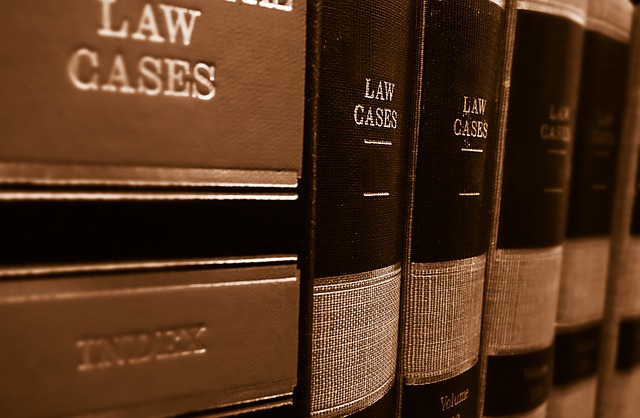13.09.2021
The property owner is responsible for paying utility bills to the management committee
The collection of utility bills from residents is usually the responsibility of the housing estate management committee. In the event that the owner has included an appropriate clause in the lease agreement, the obligation to pay utility bills may lie with the tenant. In this situation, the lease does not affect the management committee, to which the owner is always responsible. There are situations when an unscrupulous tenant does not pay rent or utility bills, and also violates other obligations. In this case, the owner has the right to go to court and request any amount of debt.
Separately, it is worth noting the areas that were built and leased before 2000, and are also located in the area controlled by the Rent Control Law. With this set of factors, any issue related to the lease should be referred to the Rent Control Court. Payment for utility and sewer payments, rent and debts on them in favor of the tenant are also within the jurisdiction of this court.
A residential or commercial tenant who complies with the terms of the most recent lease (whether the lease has expired or not) is eligible for lease benefits under conditions consistent with the rule of law. This follows from the law on rent, in which “rent” is any amount that is payable as payment for the premises, but does not include utility bills.The law, in turn, provides for the obligation of the tenant to pay utility bills, unless otherwise agreed. This fee also includes minor expenses for the maintenance of common areas. At the same time, the obligation to pay serious expenses for the maintenance and improvement of common premises remains with the owner of the property. The tenant has no right to refuse any justified repairs, reconstructions and changes made by the owner of the accommodation to maintain and improve the premises.
Under the term “utility payments” the law refers to the use of common areas, communal infrastructure, water supply and electricity. It also includes fundraising and participation in maintaining the cleanliness of common areas.
The Rent Control Court considered the question of payment of utility bills by a legitimate tenant. It was decided that the claim was for special damages and the landlord needed to prove them. Among others, there was a clause in the lease agreement that clearly defined the tenant’s obligation to pay for water and electricity, as well as their implementation. In addition, the tenant was required to register utility bills for themselves, including fees for garbage collection and sewer cleaning costs. The court concluded that the tenant knew and agreed to pay utility bills for the rented premises.
The court also drew attention to the phrase “cleaning of sewerage”. It was decided that this did not oblige the tenant to pay sewer fees. So, under this item, the owner failed to prove the need for payment from the tenant.This is an illustrative case, from which it follows that the lease agreement should also include conditions that clarify the point with the payment of sewer fees. This will avoid future disputes in court.
















